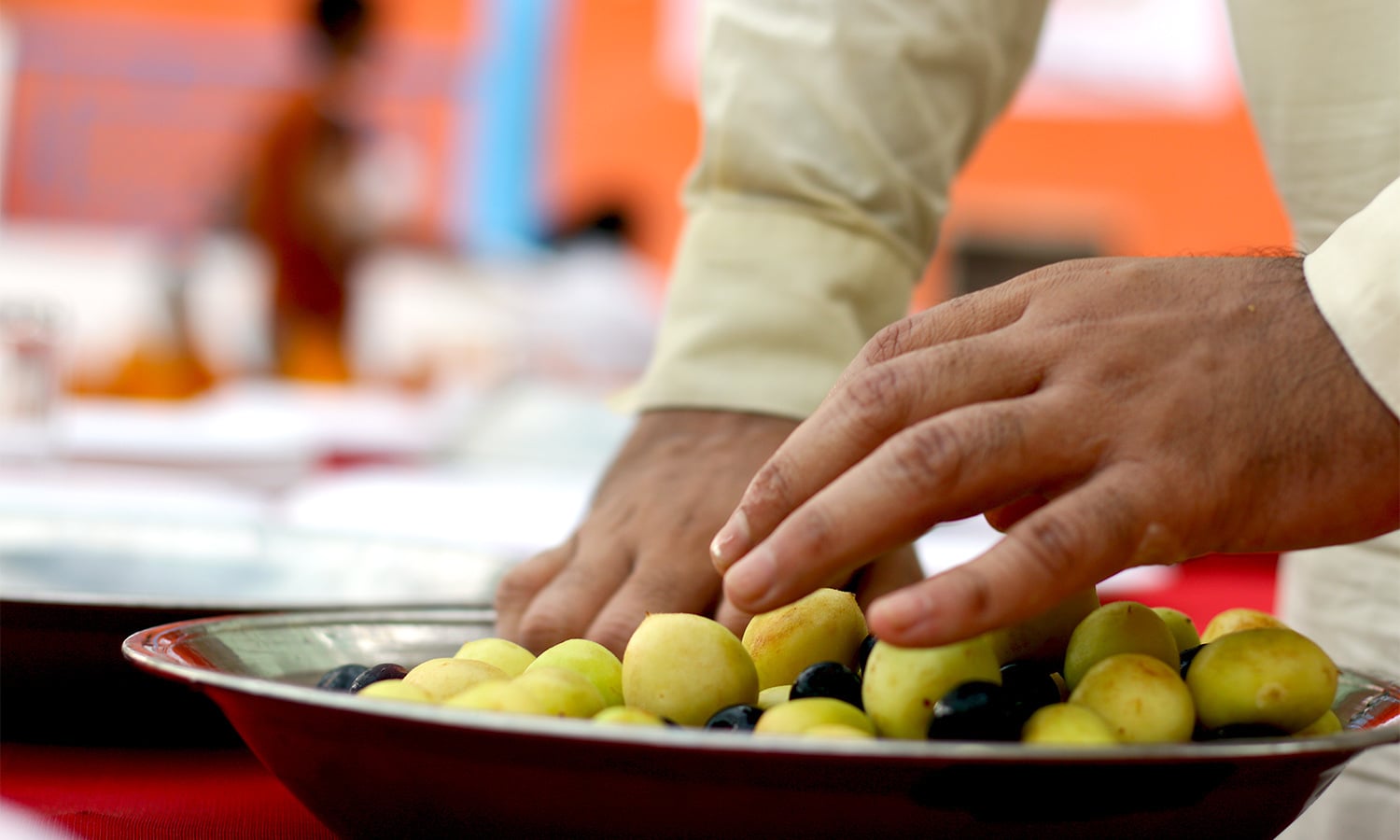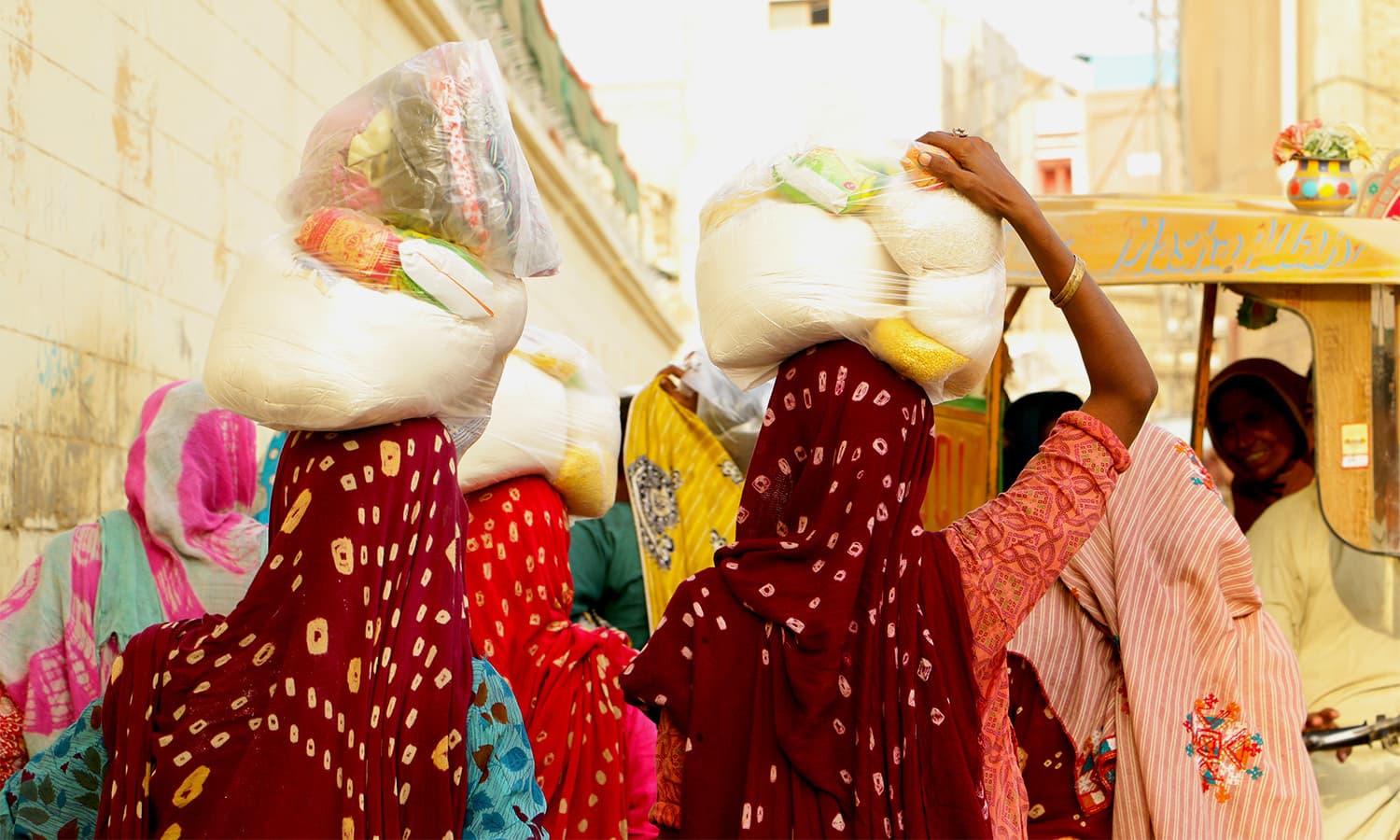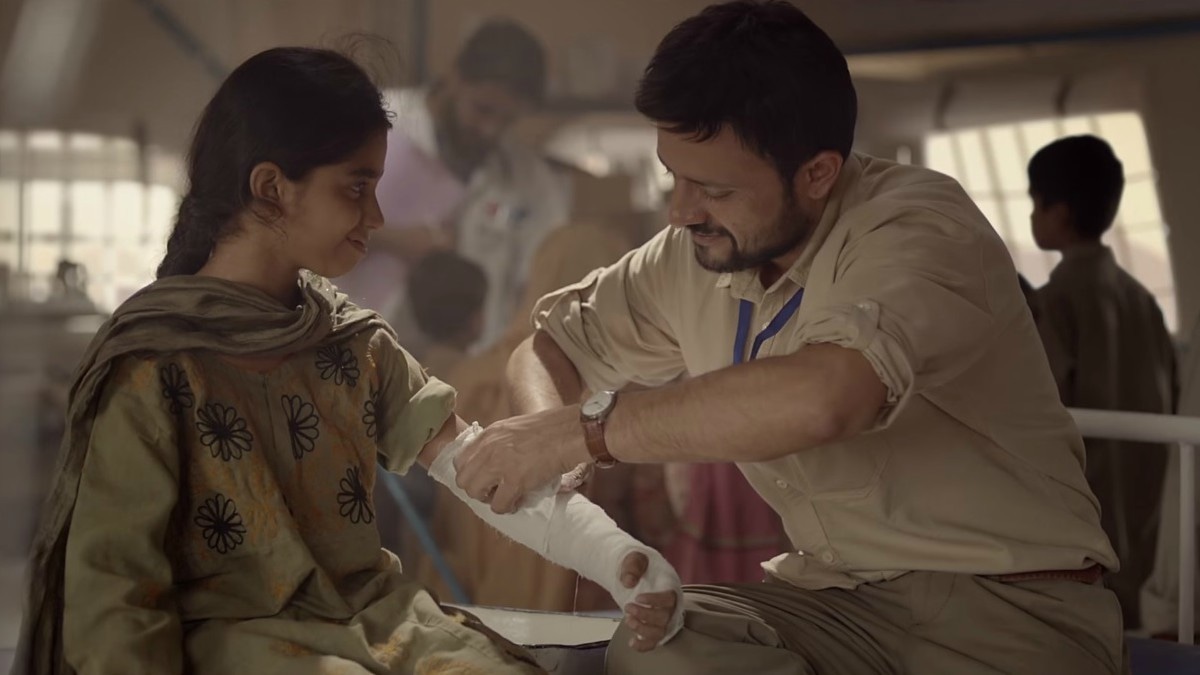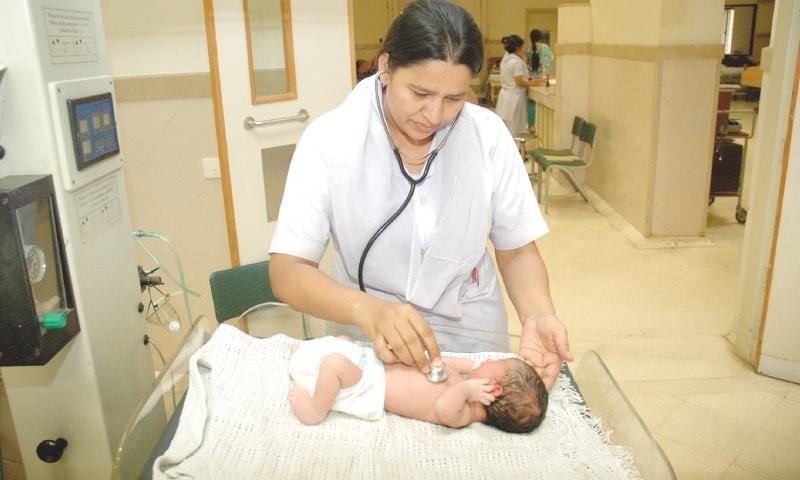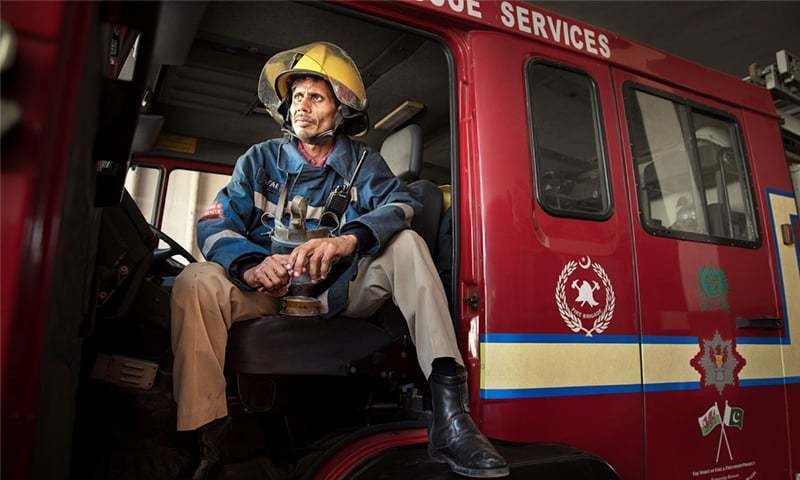I’m a Pakistani Hindu. So what Business do I have Missing Eid?
By Nisha Pinjani

Last summer during Ramadhan, I shared the Shan Masala Eid commercial like Pakistanis all over the world. The ad showed two brothers spending the occasion away from home. For the purposes of the advert, a simple plate of Sindhi biryani was the balm to their feeling of homesickness.
This year, I found myself in the characters’ shoes.
Away from Pakistan for my graduate studies in Honolulu, Hawaii, I was scrolling through Facebook when I found the usual Eid-related posts flooding my timeline.
Unending stories about tailors and broken promises, event pages for chand raat meet-ups, and the perpetual confusion on whether the next day would be Eid or another Roza (followed promptly by jokes at the Ruet-i-Hilal committee’s expense).
Soon enough, WhatsApp groups were abuzz with ‘Chand Mubarak’ wishes. While my friends in Karachi made plans to grab chai on the eve before Eid, I was literally stuck on an island. Sitting alone in my dorm room, I couldn’t help but feel blue — I missed home, my friends and my family.
I found myself thinking back to the Shan commercial. But while the ad’s protagonist and I were experiencing similar homesickness, we were quite dissimilar. He was a Muslim man from Pakistan; I am Pakistani Hindu woman.
What business do I have missing Eid?
Growing up as a Hindu in an Islamic republic is full of contradictions. My mother is often hesitant and wary of my Muslim friends. A bit strange, considering she is more than happy if I invite them to our home.
Perhaps this perplexing attitude is passed down through generations. As a young girl I loved listening to my grandfather’s partition stories. He would tell us incidents where Muslims went door-to-door killing any Hindu in sight (I’m sure Muslims grow up with similar stories of cold-blooded Hindus).
But then, he would also talk about his Muslim neighbours. The ones who protected our family, who made a human chain around our house when the riots broke out.
The obvious takeaway here was that good and bad people exist everywhere. But my grandfather’s stories carried an underlying warning: you can get close to Muslims, but remember that you are not one of them (and they know it too).
Following this tradition of mixed messages, every Ramadhan, many Hindus living in Pakistan fast. My mother herself happily sets an alarm to wake my sister up for sehri. She prepares an elaborate sehri, and reminiscent of the Thadri festival — where Hindus fast — her fried lolis make an appearance at the table.
No one else in my house wakes up with them, but we make it a point to join in for Iftar, and jokingly try to convince my sister that eating five minutes before the adhan is acceptable.
And then comes Eid. At least in Pakistan, Eid and Diwali have much in common. Both are marked by an abundance of mithai. It is customary to wear new clothes if one can afford them, and like Eidi on Eid, it is traditional to give presents on Diwali too. Every year, my family welcomes our friends over for Diwali, and come Eid, we visit our Muslim friends’ houses.
Yet, each time a story breaks of another Hindu girl being kidnapped and forcefully converted, my interactions with male Muslim friends start causing my mother distress. “Be careful around Muslim boys,” she warns me. It is frustrating, but I can see where she is coming from.
When I heard news of the Hindu reporter in Karachi who was forced to drink from a separate glass, my blood boiled. Sitting thousands of miles away, I was instantly transported back to my childhood when something similar happened to me (and I am sure, many religious minorities like me): a classmate had refused to share utensils with me because I was Hindu.
Children’s acts are a reflection of what they are taught at home. Many years later, seeing this news was a bitter reminder that even among supposedly educated, well-knowing adults, prejudice is alive and well.
The white in the flag
I have long known that despite having the same nationality, my Muslim friends back home and I are different in many ways.
During Pakistan Studies classes in school, teachers would make irresponsible claims about how Hindus were single-handedly responsible for the loss of Muslim lives. Reduced to a ‘cow-worshipper’ during the lectures, I would suddenly be othered, excluded, bullied.
As I grew up, my ‘otherness’ interestingly became exotic. The same identity I had been bullied over now became my ticket to being a ‘cool kid’— since I had access to all the firecrackers (thank you, Diwali), and invitations to holi parties.
As we grew up underneath the layers of systemically taught hate, my Muslim friends and I began to find common ground, and developed a better understanding of each other. I would sneak them into our temples so they could get a glimpse of my world, and accompany them to Mughal era mosques to get a sense of theirs.
I still come across a simpleton or two who wants me to prove my Pakistani-ness. Every time Pakistan plays a cricket match against India, there is always that one guy who wants to know, “How come you’re not supporting the Indian team instead?”
Thankfully, more often than not, my friends take over the task of shutting such bigotry down.
I keep thinking back to my family enjoying their long Eid break in Pakistan. We are a huge family, and most of my cousins are older, working people. On Diwali (a working day for most Pakistani Hindus until recently) we are usually only able to manage a dinner, however, the longer Eid holidays are quality family time for us.
During Eid, we get together at a farmhouse or the beach. We laze around playing cards, barbecuing, and catching up on gossip. Eid mornings mean waking up to seviyan and other breakfast treats, with my uncles over, watching the news and discussing the current state of affairs in Karachi.
Away from home, I find myself missing it all. Whether it is the memory of spending time with my family by the waves; or the calming sound of the adhan; or Eid plans with my friends to get mehendi.
Home, after all, is home, no matter how dysfunctional.
And so, on the first day of Eid in Hawaii, not unlike the characters in the Shan Masala advert, I picked up a packet of seviyan from a desi store here. I looked up the recipe online, managing to burn half the packet, and cursed myself for never waking up early with my mother to help out.
But my friends came over and made custard and fruit salad. I ended up spending the day recreating what Eid has always been about for me back home in Pakistan: good company, laughter, and a satisfied stomach. It was heartening watching my American friends try seviyan for the first time, while assuring them that the delicacy is indeed supposed to look semi-charred.
Source*
Related Topics:
Muslims Across the World Celebrate Eid Al-Fitr*
Jeremy Corbyn Praises Muslim Heroes of Grenfell Tower fire in Eid Message*
U.S.-led Coalition Killed Nearly 500 Civilians in Syria during Ramadhan*
These 5 People don’t Spend Eid with their Families to make the Occasion Happier for Us*
Eid Mubarak- final Ramadan Reflection 2011

